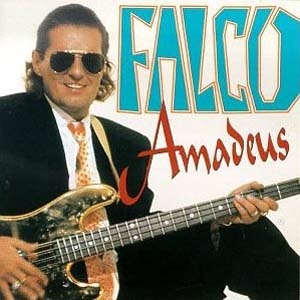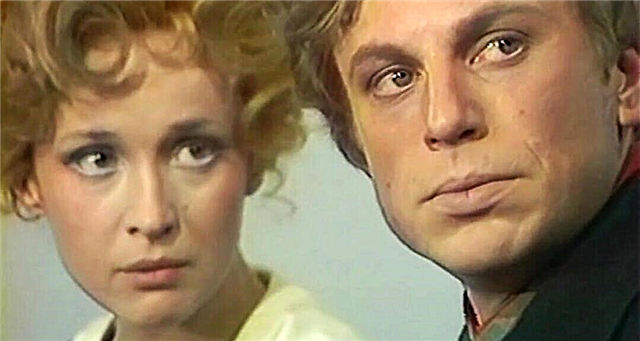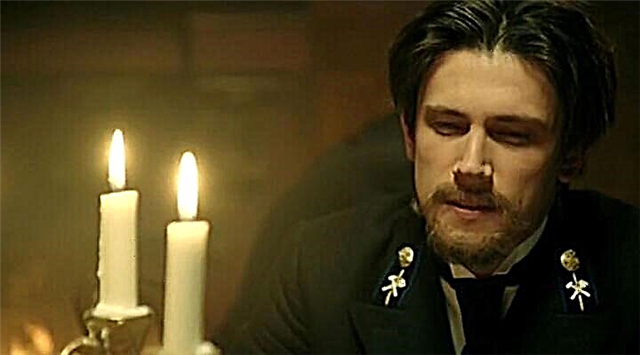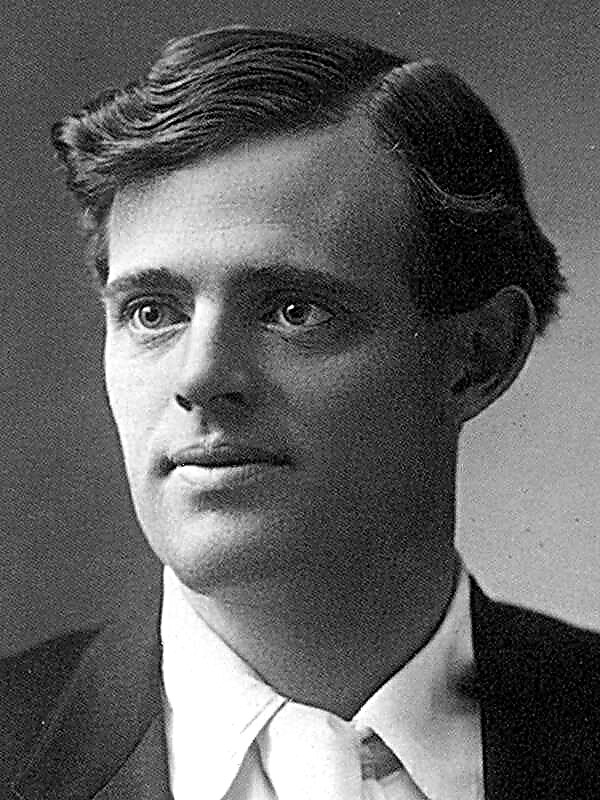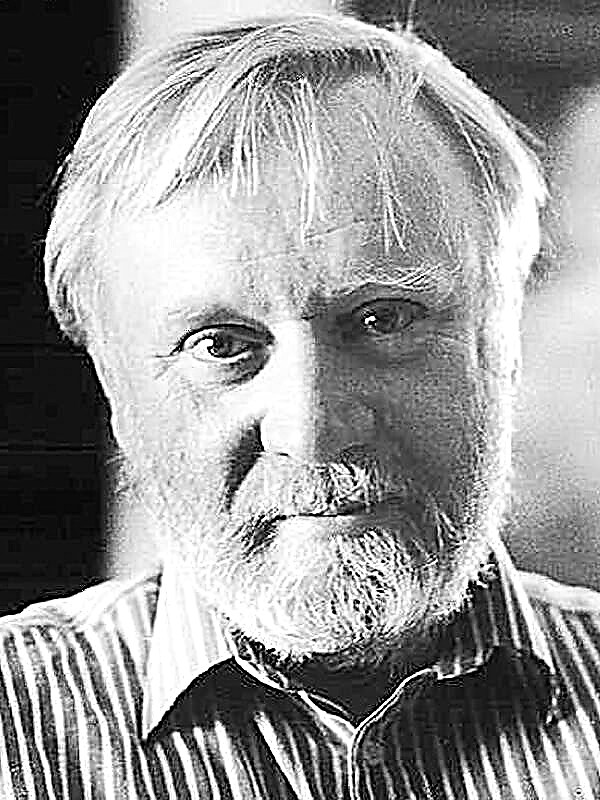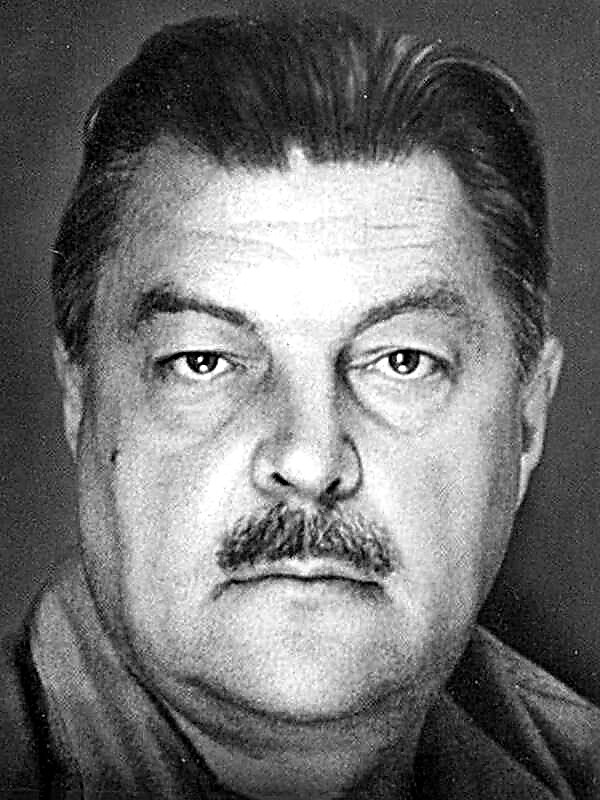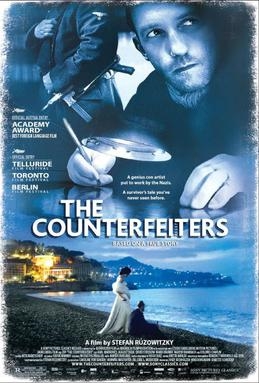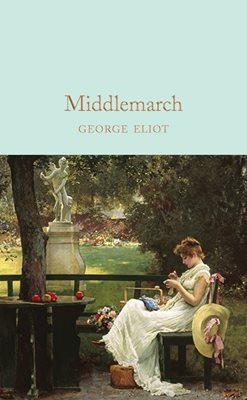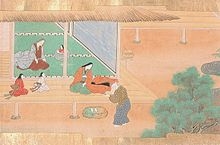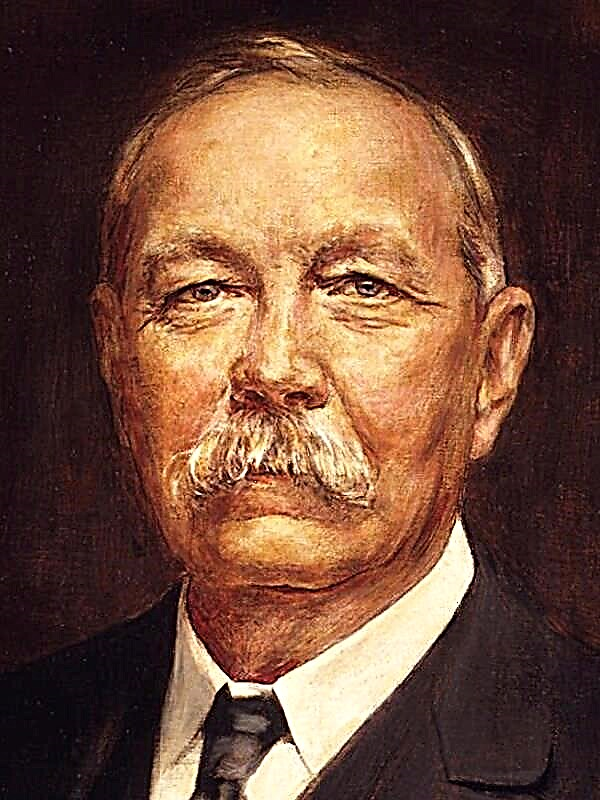“I cannot and do not want to believe that evil is a normal state of people.” - these words of Fyodor Mikhailovich Dostoevsky could become a good epigraph to many works of this great author. “Crime and Punishment” is just one of these books.
The novel was written by Dostoevsky in an atmosphere of revolutionary sentiment that was raging at that time in Russian society. The revolution was considered the only effective and affordable way out of the current situation, which would quickly change the state system and move along the path of radical changes, so necessary for the country and society as a whole. But, having read “Crime and Punishment”, we understand that the author does not support the position of swift and radical changes by force, for him good and violence are incompatible. If you make a revolution in a bloody way, then nothing good will come of it, Fyodor Mikhailovich believes. And his great novel more than once confirms his point of view, where he reflects on the future fate of his homeland, using biblical legends and images for this.
One of the special places in the novel is occupied by the episode with the reading of the New Testament Sonia. This part of the novel is the key to understanding the whole concept of the work. Here we understand that according to the author, a person can find true wisdom and get closer to God only after going through a series of difficult trials. Only through suffering can God be understood, says Dostoevsky. After repentance and rethinking, the purification and rebirth of the soul always follows. And here we understand that Raskolnikov did not just choose the resurrection of Lazarus from all other episodes of the Bible, because only after this incident people finally believed that Christ is the son of God. There, the hero, perhaps unconsciously, begins to prepare for spiritual healing through repentance, he wants to confess to Sonya and tell about his guilt: "If I come tomorrow, I will tell you who killed Lizaveta."
There is one more significant moment in this episode; it consists in the clash of Raskolnikov’s theory with Christian values, which are sacredly honored and followed by Sonya. He even decides on a rather provocative question regarding her faith, saying what the Lord is doing to you, than he deserved such reverent worship. To which Sonya answers him rather sharply: "He does everything!" Rodion pondered her words and was surprised at the strength of her faith, which gave this fragile girl year after year strength to overcome all difficulties, to believe in a better future. Faith helps Sonya not to lay hands on herself; in her she sees comfort and salvation for herself.
But biblical associations and frequent references to Lazarus do not stop further in the fate of Raskolnikov. We can meet them throughout the novel. Thanks to such references, we can better understand and feel many of the author’s descriptions. For example, Rodion’s room is more than once compared with a hump, and Raskolnikov’s loot from the old woman-interest-maker hides under such a stone that resembles a tombstone. Even the fact that he comes to Sonya on the fourth day after committing a crime with thoughts of repentance again tells us about the biblical overtones - on the fourth day there was a resurrection.
Summing up the above, we can say that Dostoevsky believes in the possibility and power of cleansing a person even after committing sin, all this is possible with the help of faith, prayer and repentance. However, faith must be sincere and sins should not be committed in the future. A repentant person must accept the moral laws of Christ and believe with all his heart, only then can we count on real forgiveness.

